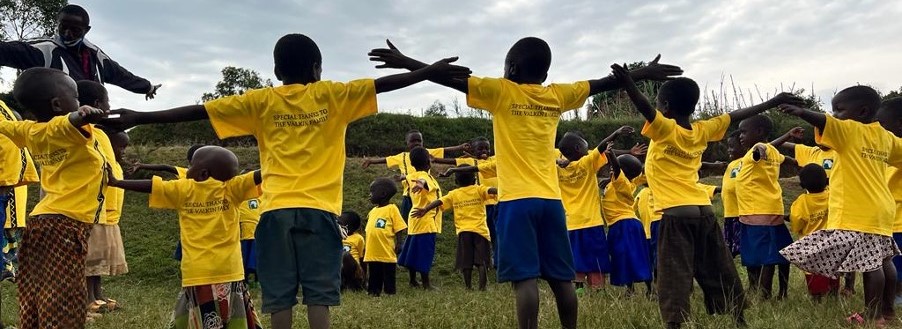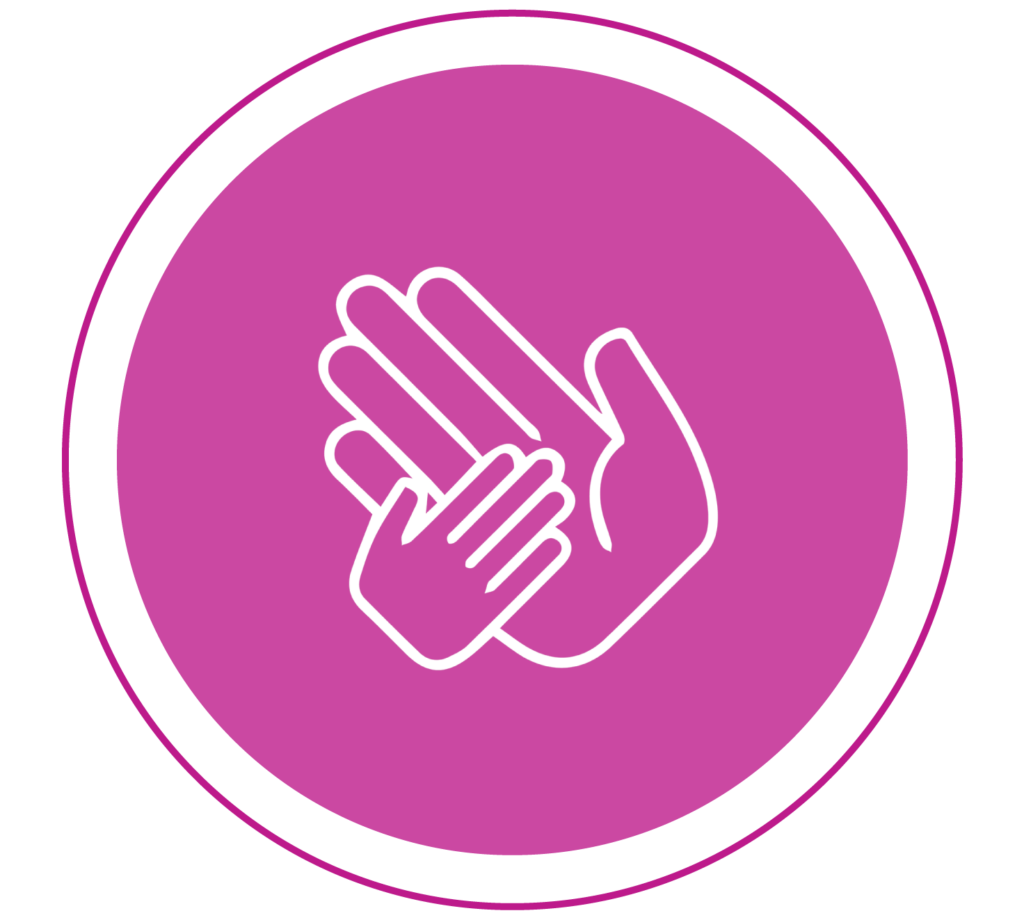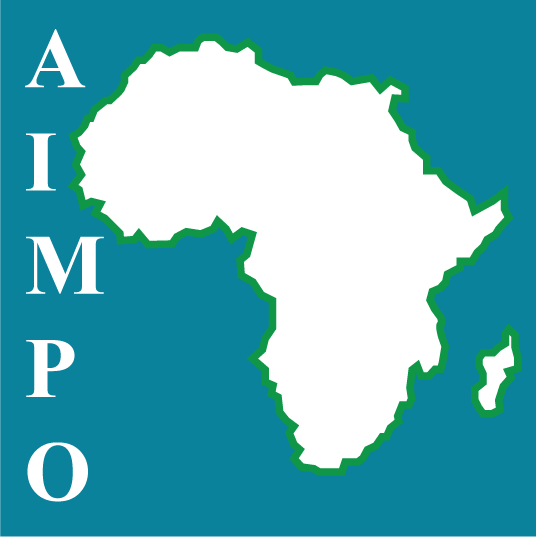Community Empowerment

The Community Empowerment program focuses on empowering the Indigenous Batwa community through education, employment, healthcare, and leadership.
As women and youth are most vulnerable within these community, we actively work to reduce gender inequalities by providing them with access to education, employment, and resources. As such, we promote their full participation both in their communities and beyond. This is in line with the UN’s fourth, fifth, and tenth Sustainable Development Goals (SDGs) : Quality Education (SDG 4), Gender Equality (SDG 5), and Reduced Inequalities (SDG 10).
Research continually shows the positive impact of gender equality on a country’s economic growth, agricultural productivity, and food security (see for example Giroud & Salguero Huaman, 2019 ; Mukasa & Salami, 2016 ; Gender Analysis USAID/Rwanda, 2015). Therefore, gender equality does not only contribute to the equal treatment of women, but also contributes to the community at large. In addition, AIMPO believes (and our programs have shown) that women are more than capable of playing critical roles as community leaders as well as advocates for peace and human rights.
AIMPO involves women and youth in all projects concerning employment, health, education, and leadership. We employ inclusive and participatory methods, including community outreach, to reach the most vulnerable members of Indigenous Batwa, who are most susceptible to poverty, disease, and violence : women, children, and youth. In Musanze, we are working on reducing Gender Based Violence (GBV) at the community level by raising awareness among both men and women about the (long-term) negative effects of such violence.
In Nyagatere, AIMPO contributed to economic development by offering tie-dye trainings for women and vocational trainings for youth. In these ways, they can generate their own income and become financially independent. Other projects AIMPO is working on to empower the Indigenous communities include providing (financial) support in acquiring school supplies (books, pens, uniforms, etc.), the ongoing construction of a nursery school in Gicumbi, and training and educating 50 parents of children with intellectual disabilities
As women and youth are most vulnerable within these community, we actively work to reduce gender inequalities by providing them with access to education, employment, and resources. As such, we promote their full participation both in their communities and beyond. This is in line with the UN’s fourth, fifth, and tenth Sustainable Development Goals (SDGs) : Quality Education (SDG 4), Gender Equality (SDG 5), and Reduced Inequalities (SDG 10).
Research continually shows the positive impact of gender equality on a country’s economic growth, agricultural productivity, and food security (see for example Giroud & Salguero Huaman, 2019 ; Mukasa & Salami, 2016 ; Gender Analysis USAID/Rwanda, 2015). Therefore, gender equality does not only contribute to the equal treatment of women, but also contributes to the community at large. In addition, AIMPO believes (and our programs have shown) that women are more than capable of playing critical roles as community leaders as well as advocates for peace and human rights.
AIMPO involves women and youth in all projects concerning employment, health, education, and leadership. We employ inclusive and participatory methods, including community outreach, to reach the most vulnerable members of Indigenous Batwa, who are most susceptible to poverty, disease, and violence : women, children, and youth. In Musanze, we are working on reducing Gender Based Violence (GBV) at the community level by raising awareness among both men and women about the (long-term) negative effects of such violence.
In Nyagatere, AIMPO contributed to economic development by offering tie-dye trainings for women and vocational trainings for youth. In these ways, they can generate their own income and become financially independent. Other projects AIMPO is working on to empower the Indigenous communities include providing (financial) support in acquiring school supplies (books, pens, uniforms, etc.), the ongoing construction of a nursery school in Gicumbi, and training and educating 50 parents of children with intellectual disabilities

